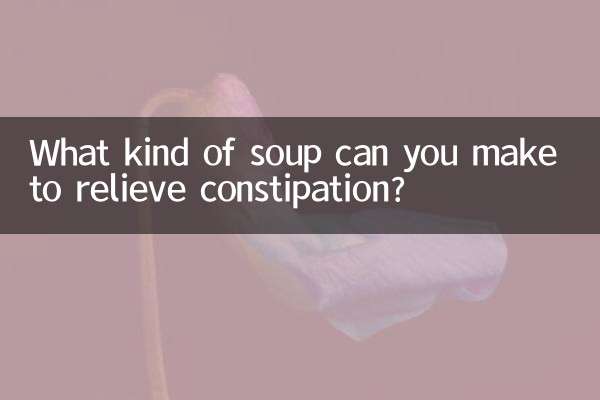What not to eat after armpit odor surgery: full analysis of postoperative dietary taboos
Underarm odor surgery is a common method to treat excessive underarm sweating and odor, but post-operative care, especially dietary changes, is critical to recovery. Wrong diet may cause infection or delay wound healing. The following is a compilation of postoperative dietary taboos and related hot topics that have been hotly discussed on the Internet in the past 10 days to help patients recover scientifically.
1. Postoperative dietary core taboo list

| Taboo categories | specific food | Impact statement |
|---|---|---|
| Spicy and exciting | Chili pepper, Sichuan peppercorns, mustard, ginger | Accelerate blood circulation and increase the risk of wound bleeding |
| Allergy friendly | Seafood, mango, pineapple, peanuts | May cause allergic reactions, resulting in redness and swelling of the wound |
| High sugar and high fat | Cake, fried chicken, fatty meat, milk tea | Affects metabolism and delays wound healing |
| Alcohol | Liquor, beer, alcoholic beverages | Dilate blood vessels and increase risk of infection |
| Hot and dry type | Lamb, lychee, longan | Traditional Chinese medicine theory believes that it will aggravate inflammation in the body |
2. Top 5 post-operative dietary issues that are hotly discussed on the Internet
1.Can I drink coffee?Experts recommend avoiding it within 1 week after surgery as caffeine may stimulate nerves and affect recovery.
2.Are eggs considered a hair product?Western medicine believes that it can be consumed in moderation, but some Chinese medicine practitioners recommend suspending consumption for 3 days after surgery.
3.Fruit selection priority:Priority is given to hypoallergenic fruits such as apples and bananas, and a daily intake of 200-300g is appropriate.
4.Diet recovery cycle:The strict contraindication period is 7-10 days, and can be gradually relaxed in the future (based on individual recovery conditions).
5.Nutritional supplement focus:Protein (steamed fish, lean meat) and vitamin C (broccoli, kiwi) need to be sufficient.
3. Recommended postoperative diet plan (phased)
| recovery stage | Recommended food | Things to note |
|---|---|---|
| 1-3 days after surgery | Millet porridge, pumpkin soup, clear soup noodles | Mainly liquid/semi-liquid, the temperature does not exceed 40℃ |
| 4-7 days after surgery | Steamed eggs, soft rice, tofu | Add protein gradually and avoid chewing vigorously |
| 8-14 days after surgery | Steamed fish, lean minced meat, stewed soup | Observe that there are no abnormalities in the wound and then increase nutrition |
4. Sharing of real cases from netizens
1.@healthxiaozhang:"On the third day after the operation, I secretly ate malatang. The wound became red that night. The doctor warned that it might be infected."
2.@ postoperative recovery jun:"Strictly follow the doctor's instructions and eat. When the stitches were removed 10 days later, the doctor praised me for recovering faster than my peers."
3.@ nutritionist Ms. Li:"It is recommended to pair it with a probiotic drink (sugar-free) to help maintain the balance of intestinal flora"
5. Special reminder from experts
1. Individual differences are large, and you need to adjust your diet based on your own allergic history.
2. After the sutures are removed, you still need to maintain a light diet for 2 weeks to avoid scar hyperplasia.
3. Drink 1500-2000ml of water every day to promote the discharge of metabolic waste
4. If abnormal reactions such as diarrhea or itching occur, stop eating the suspicious food immediately and seek medical advice.
Through scientific dietary management and doctor's guidance, most patients can basically recover within 2-4 weeks. The "post-operative nutritional diet" that has been hotly discussed on the Internet recently needs to be viewed dialectically, and it is recommended to follow the personalized advice of the attending physician.

check the details

check the details